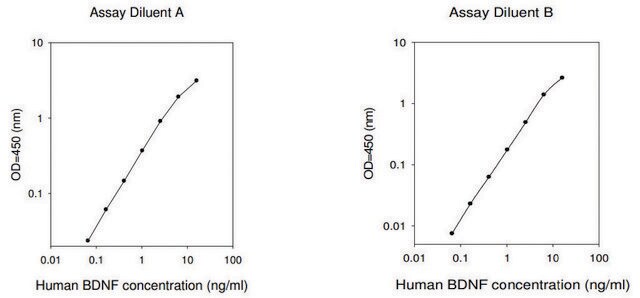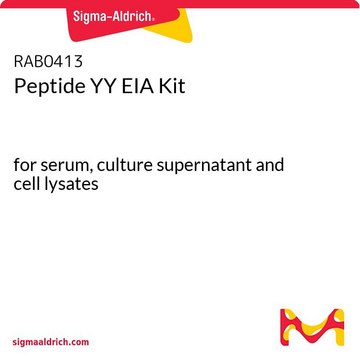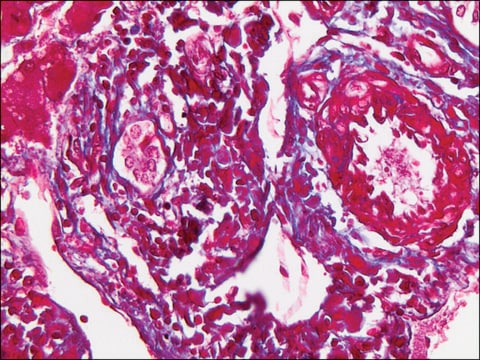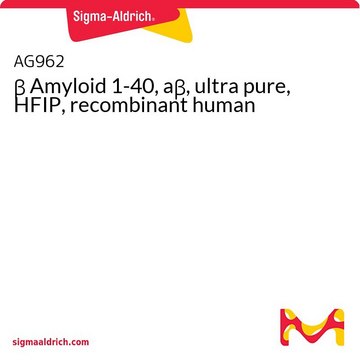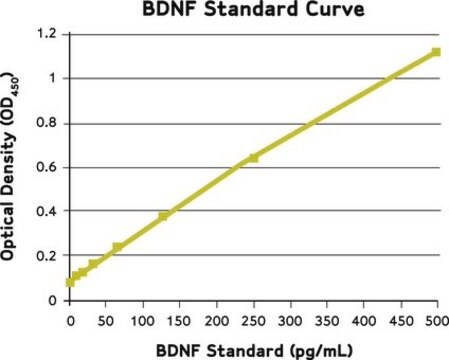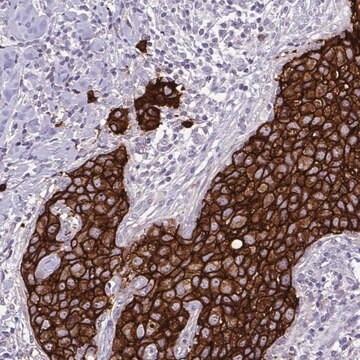MABE254
Anti-Protein-arginine deiminase 4 Antibody, clone 10F1
clone 10F1, from mouse
Synonim(y):
HL-60 PAD, Protein-arginine deiminase type-4, Peptidylarginine deiminase IV, Protein-arginine deiminase type IV
About This Item
Polecane produkty
pochodzenie biologiczne
mouse
Poziom jakości
forma przeciwciała
purified antibody
rodzaj przeciwciała
primary antibodies
klon
10F1, monoclonal
reaktywność gatunkowa
human
metody
ChIP: suitable
immunoprecipitation (IP): suitable
western blot: suitable
izotyp
IgG1κ
numer dostępu NCBI
numer dostępu UniProt
Warunki transportu
wet ice
docelowa modyfikacja potranslacyjna
unmodified
informacje o genach
human ... PADI4(23569)
Opis ogólny
Immunogen
Zastosowanie
Epigenetics & Nuclear Function
Chromatin Biology
Jakość
Western Blot Analysis: 0.25 µg/mL of this antibody detected Protein-arginine deminiase 4 in 10 µg DMSO treated and untreated HL-60 cell lysates.
Opis wartości docelowych
Postać fizyczna
Przechowywanie i stabilność
Komentarz do analizy
DMSO treated and untreated HL-60 cell lysates
Inne uwagi
Oświadczenie o zrzeczeniu się odpowiedzialności
Nie możesz znaleźć właściwego produktu?
Wypróbuj nasz Narzędzie selektora produktów.
Kod klasy składowania
12 - Non Combustible Liquids
Klasa zagrożenia wodnego (WGK)
WGK 1
Temperatura zapłonu (°F)
Not applicable
Temperatura zapłonu (°C)
Not applicable
Certyfikaty analizy (CoA)
Poszukaj Certyfikaty analizy (CoA), wpisując numer partii/serii produktów. Numery serii i partii można znaleźć na etykiecie produktu po słowach „seria” lub „partia”.
Masz już ten produkt?
Dokumenty związane z niedawno zakupionymi produktami zostały zamieszczone w Bibliotece dokumentów.
Nasz zespół naukowców ma doświadczenie we wszystkich obszarach badań, w tym w naukach przyrodniczych, materiałoznawstwie, syntezie chemicznej, chromatografii, analityce i wielu innych dziedzinach.
Skontaktuj się z zespołem ds. pomocy technicznej

